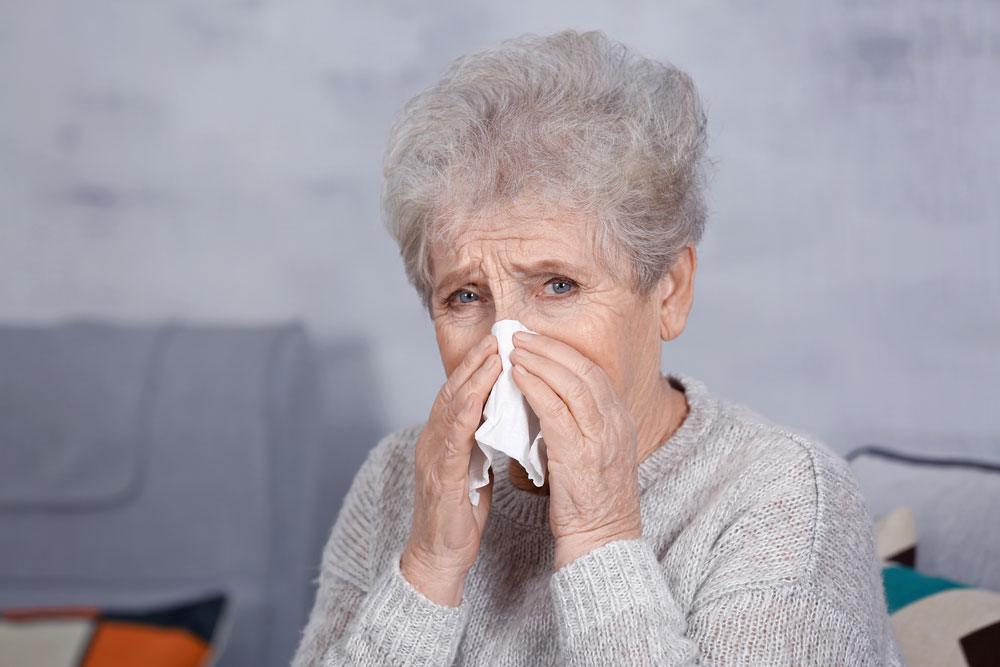Spring has officially sprung! Every year, this milder season is a welcome change after the long, cold months of winter. While spring brings with it fresh air, beautiful flowers, and warmer temperatures, it also brings seasonal allergies that affect millions of Americans every year. It is important to know how allergies differ from illnesses like the flu or the common cold and how you can best relieve the symptoms of seasonal allergies.
What are Seasonal Allergies?
An allergy is when your immune system reacts to a foreign substance, called an allergen. [1] This could be from something you eat, breathe in, touch or ingest. For seasonal allergies, symptoms occur from breathing in the pollen or mold that is produced from plants. Pollen is how plants grow and reproduce, and mold is tiny fungi whose spores increase with warmer temperatures. As mold spores and pollen fill the air every spring, some people experience physical reactions to them that make them feel sick.
Symptoms of seasonal allergies can range from mild to severe, much like with the common cold or the flu. Things like sneezing, irritated eyes, and congestion are common symptoms while others such as wheezing and sore throat may occur. [2] With symptoms of a common illness and seasonal allergies being very similar, it can be hard to tell the difference. Two important factors that can help you to figure out which one you are experiencing is the length and the frequency. [3] While most colds usually last from seven to 10 days, seasonal allergies can last for weeks at a time. Seasonal allergies also occur every year and around the same time. Doctors may also examine mucus and body temperature to rule out allergies. [3]
What Can You Do to Treat Seasonal Allergies?
While allergies cannot be completely cured, there are ways to alleviate and manage symptoms. Close windows, shower and wash clothes after spending a considerable amount of time outdoors, and check the weather every morning so you know if you need to prepare for high pollen and mold counts. There are also over-the-counter medications that help relieve symptoms and, in some cases, your doctor may recommend getting allergy shots.
Feeling under the weather is not fun for anyone, but being informed can help you to have a happier and healthier spring season. With seasonal allergies, remember to know the difference between a reaction and a common illness. Always check with your doctor when you are sick or suspect that you might have an allergy. With an accurate diagnosis and treatment plan, you will be ready to get outside and enjoy the weather!
Contact our team or give us a call at 610-891-3700 to learn more about the many benefits of living at Riddle Village, an independent retirement community with an abundance of services and amenities.

